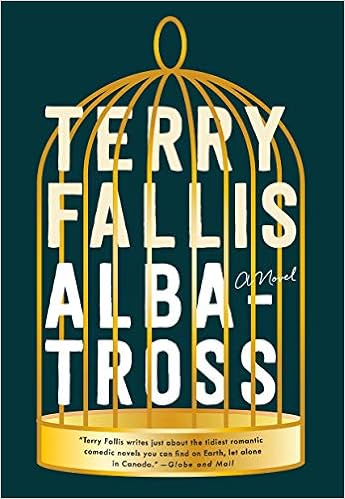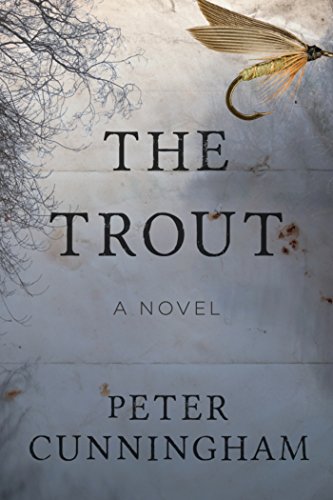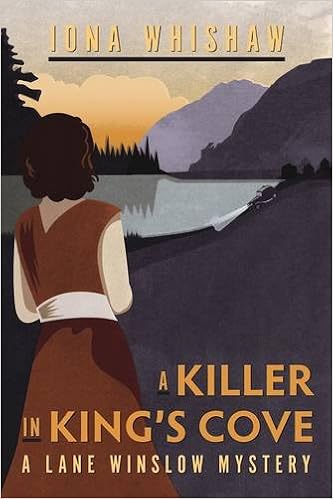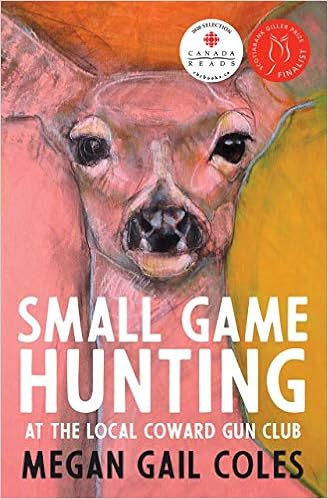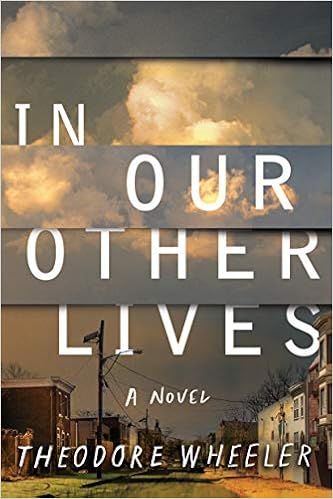
2 Stars
I looked forward to reading this book because of its setting. I’ve toured Iceland and fell in love with the
country. Also, I’m a fan of Nordic crime
fiction. Unfortunately, despite its setting
and genre, this novel didn’t win me over.
Brynja, a forensic geneticist, receives a cryptic poem which seems to suggest
that her twin brother Lúkas, who went missing 20 years earlier, is alive. The poem leads her to become convinced that
answers lie in a medieval manuscript of Icelandic sagas. Unfortunately, people connected to the
manuscript end up dying, and she receives warnings to stop her search.
In the Author’s Note, Winokur states, “medieval Icelandic manuscripts
are Iceland’s most precious treasures and would never be couriered around the
country simply for someone to have a look at it [sic].” Why then does she have this done in the book? Using an (openly admitted) unrealistic event does
not “enhance the story line”; that event just undermines the credibility of the
book.
There are other issues with the book.
For instance, there are many information dumps. Some deal with genetics and others deal with
things Icelandic. For example, here’s information
about Icelandic horses: “her Icelandic
horse, her precious Drífa, belonged to an ancient time, a breed of horse lost
everywhere but here. Drífa’s
genes led back to the Asian steppes, to the Mongolian horses that had carried
Genghis Khan to victory. The horses
spread to Russia and Norse settlers brought them to Iceland in the ninth and
tenth centuries, where they mixed with breeds imported from the British
Isles. Along the way, Drífa's
forebears had developed mutations which, instead of causing disease, adapted
the horse to the harsh conditions of the Icelandic landscape, granting the
creature a sure-footed gait, a thick mane and tail, and a double-coated hide
for insulation against the cold.” This description,
which goes on even longer, may be interesting but is totally irrelevant. Likewise, what is the purpose of including recipes
for skyr with bilberries, Iceland moss soup, and horsemeat stew? The medicinal uses of plants may be interesting
to an herbalist but including long lists of these plants adds nothing to the
plot.
Brynja is not a likeable protagonist.
At times, she comes across as an annoying know-it-all. Then at other times, she seems totally
dense: she realizes “with a surge of
excitement” that she can use RNA to help solve a case. I am not a scientist, but I know that RNA can
identify the organ source of human tissue, so why should this be such a
revelation to a geneticist? She even has
to check a genetics website “to confirm her thinking”?! Brynja is Director of Forensic Sciences but
she doesn’t know that her boss is informed whenever anyone accesses a specific
database? She has reached her position
but still behaves unprofessionally and unethically by thinking of accessing
medical information for personal reasons?
Brynja’s relationship with Ari is problematic. She is engaged to him, but she doesn’t seem
to completely trust him? On the other
hand, she has a new intern as an assistant but she trusts her immediately?
There’s a narrative technique which is very annoying: Brynja says she is going to do something but
then there is no indication she does this until we are told she did. For example, “She had called the doctor last
night and was told he would be in his office at nine. She could call in an hour.” Then, her time is accounted for and she doesn’t
make a phone call, though she says later, “’Actually, I called as well. The doctor’s coming by this afternoon.’” These types of inconsistencies happen several
times.
And there are other inconsistencies.
A person eats half a tart made
with yew berries and gets brittle nails and dry skin immediately? Icelandic medical staff makes diagnoses by
comparing symptoms found in animals like horses and sheepdogs? Three guards “were stationed in front of the
church” but one says, “’I was the only one on duty at the time; the other
officers were asleep’”? Brynja must wear
cotton gloves to touch an ancient book, but the pastor touches it with his bare
hands? Brynja suffers from visual auras
and she thinks she must rest “to gain some control over the migraines.” Later she says that some incidents “were a
result of migraines and temporary auras.”
My research indicates that aura symptoms strike before migraines; Brynja
has visual disturbances but never suffers from migraines. A police guard is aware that a crime took
place at a location but she thinks she
has to call the police and have them rope off the crime scene? A man is admitted into a “Memory Care Home”
even though a doctor said “a diagnosis of dementia was premature”? A man has no pulse and Brynja fails to revive
him, but she “gasps” when she later learns the man is in a coma? Brynja put the poem “on the nightstand, slipped off the bathrobe,
and climbed back into bed” but then “Brynja slipped out of bed, walked to the table, and returned with the poem”?! Elly speaks to a mail clerk and gets some
information like, “’He was sure it was posted from a foreign country’” but then
Brynja can’t speak with him because “he was away on vacation”? I could go on, but I think I’ve made my
point.
Sometimes things seem thrown into the story for little reason. What’s with María’s strange behaviour? Her wanting to sell vegetables from her
garden is insufficient explanation for her oddness! Why is there a bizarre interaction between
Elly and Rúnar
involving Iceland poppy tea? Why does
Pastor Dalmann say that the manuscript will “’never leave this church again’”
when it is destined for the Akureyri Museum?
What’s the point of the animosity between Brynja and Henning? What’s the motive for Rúnar
and Henning “meeting so often and in private”?
The motive of the villain is very weak considering all that he
does. His obsession just doesn’t
adequately explain his actions; as one character say, “’Pretty extreme, though,
killing people and all.’” This person
who “except for driving the pickup into town for the occasional errand . . .
pretty much kept to himself” takes the truck described as an “old bucket of
bolts” because “the door’s practically hanging from the hinges” and drives halfway
across Iceland to the Westfjords?
As I said at the beginning, I really looked forward to a good Nordic
crime novel; unfortunately, this book has so many problems with it that I kept
wanting it to just end.
Note: I received a digital
galley from the publisher via NetGalley in return for an honest review.
